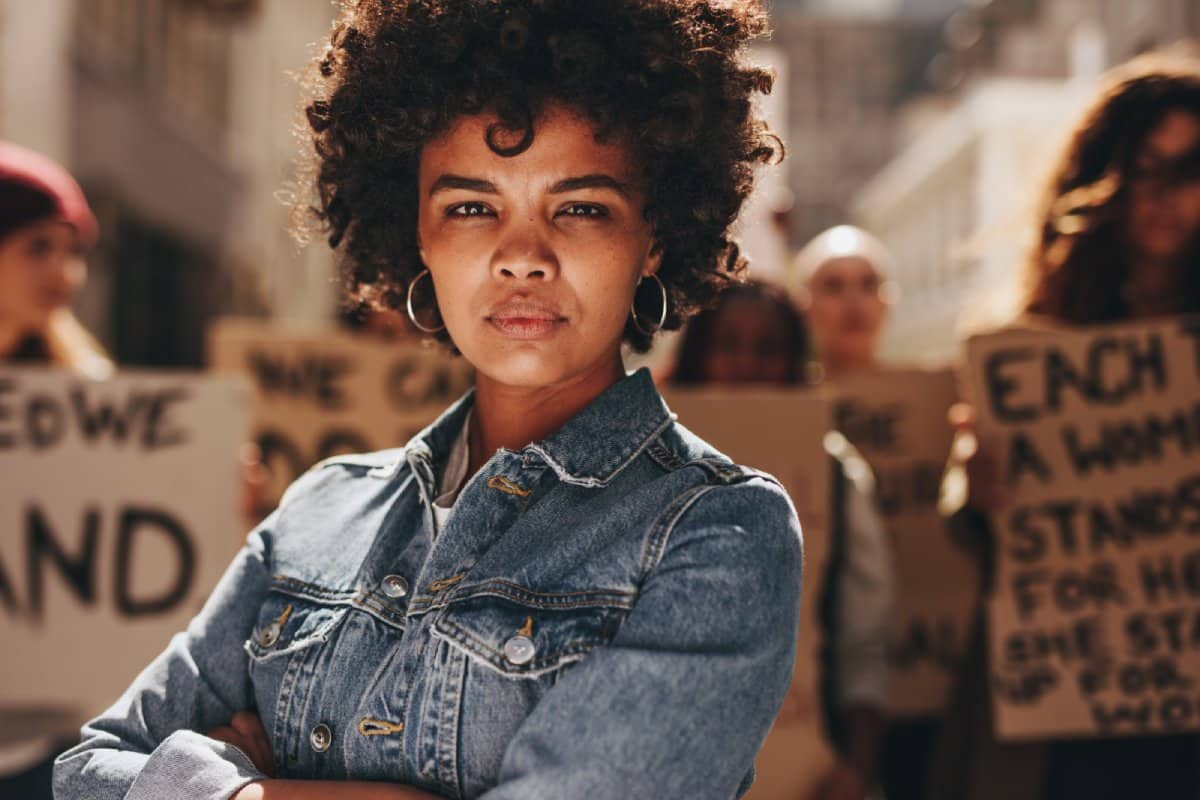The history of Black people in the UK is rich and complex, marked by both struggle and significant achievements. Here are 20 pivotal events that have shaped Black history in the United Kingdom, highlighting moments of resistance, accomplishment, and profound influence.
1. The Arrival of the Empire Windrush (1948)
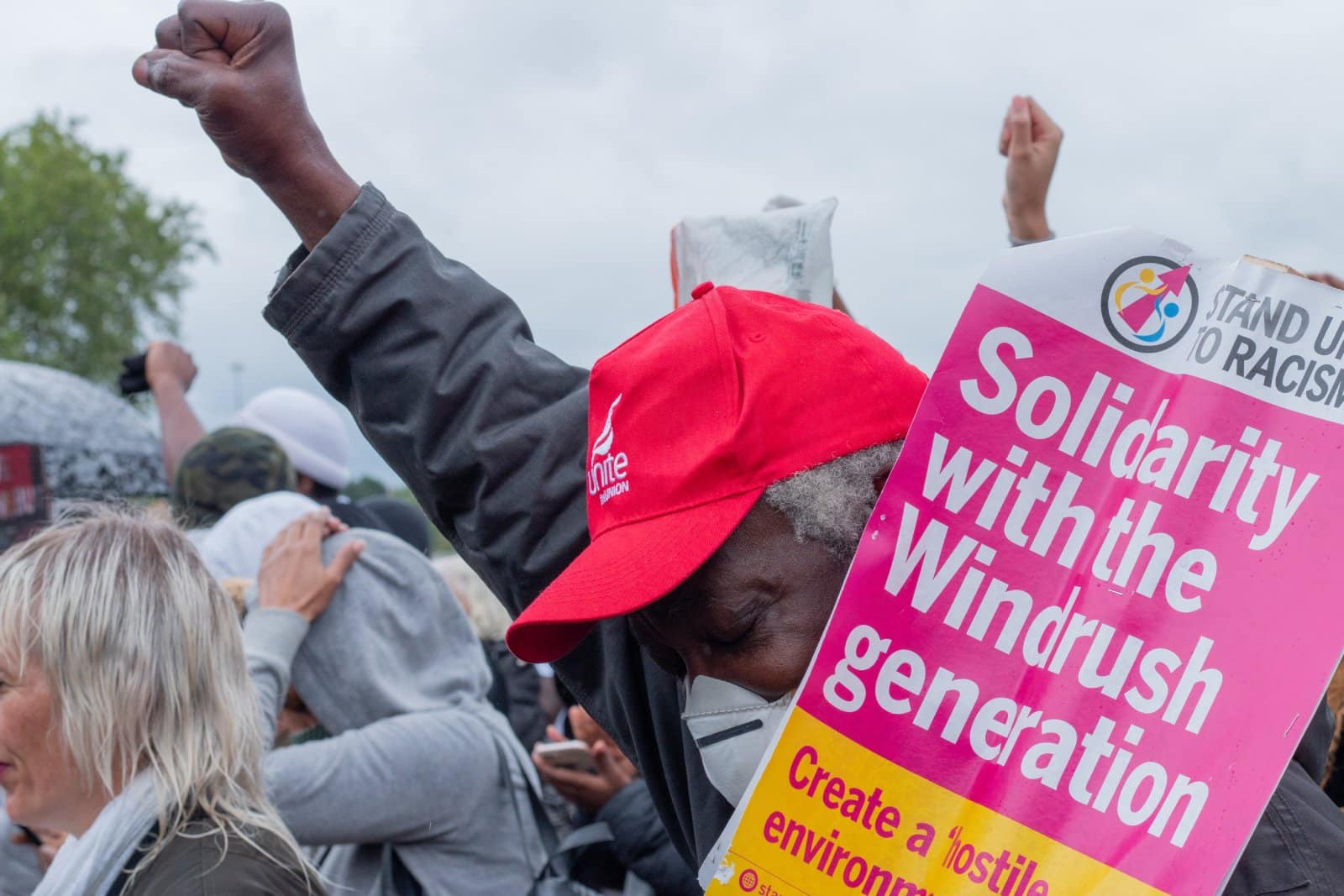
The SS Empire Windrush docked at Tilbury, bringing one of the first large groups of post-war West Indian immigrants to the UK, symbolizing the beginning of modern British multicultural society.
2. The Bristol Bus Boycott (1963)
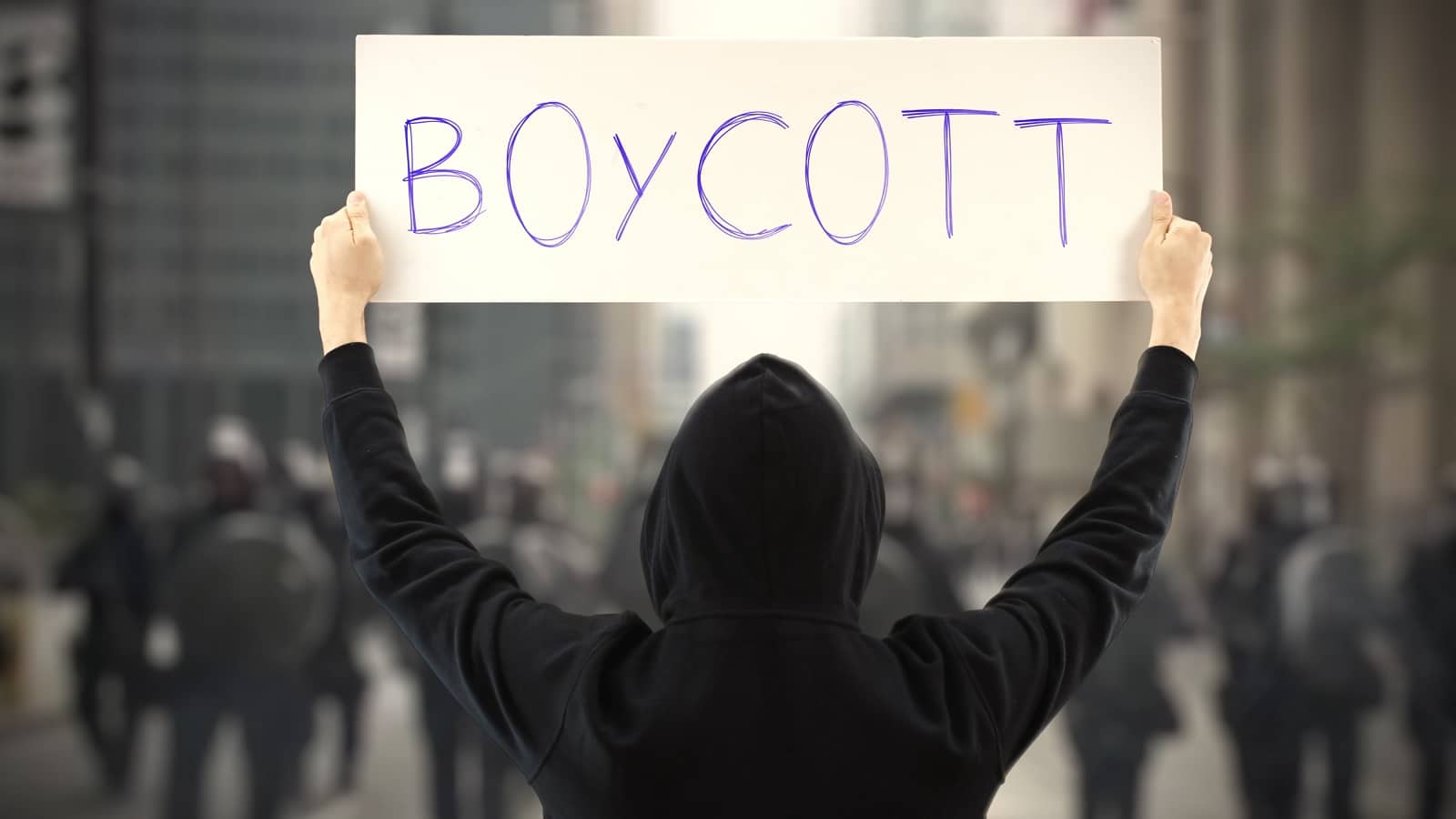
Modelled on the American civil rights campaign, the Bristol Bus Boycott successfully ended the refusal of the Bristol Omnibus Company to employ Black or Asian bus crews.
3. The Formation of the West Indian Standing Conference (1958)
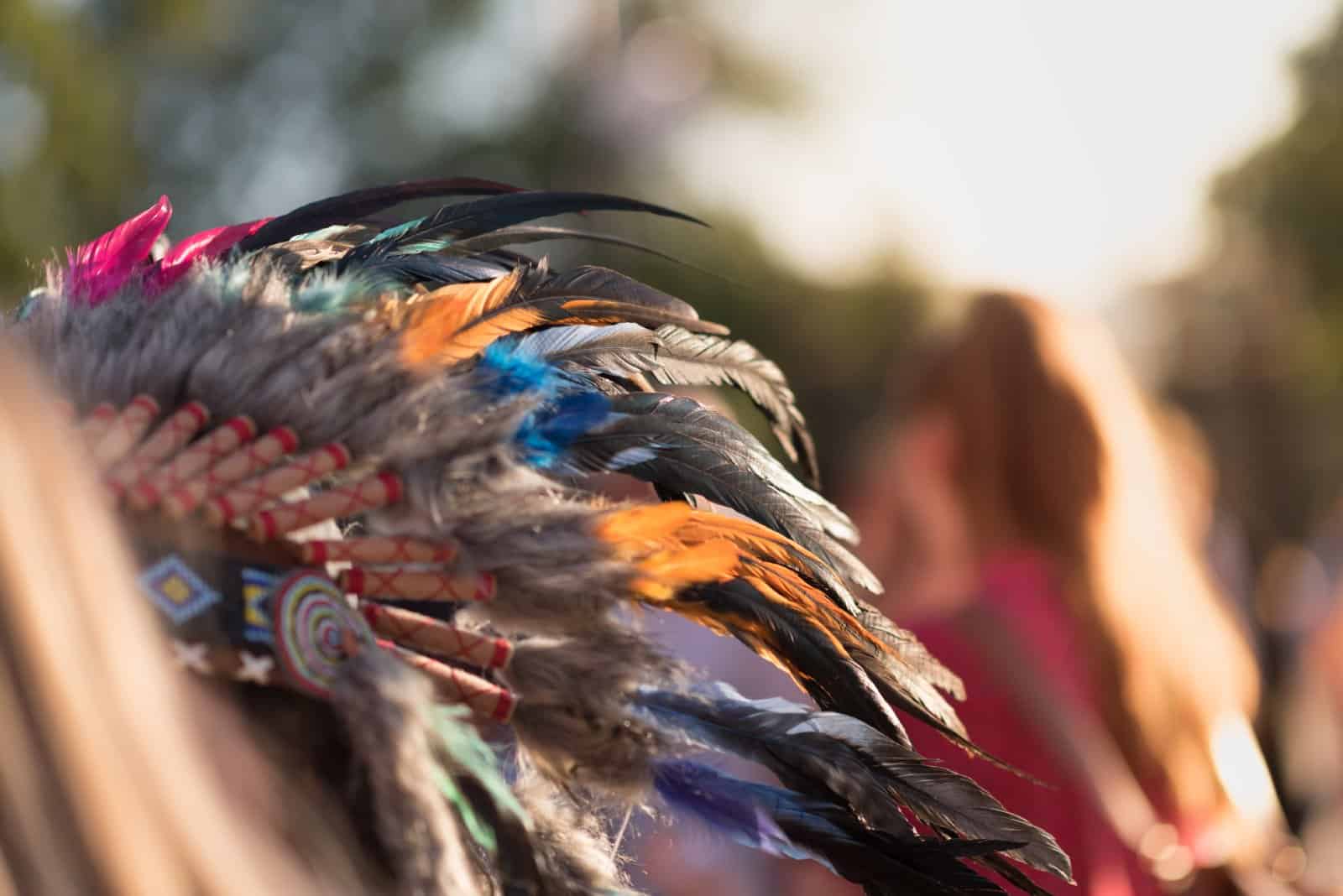
This organization was created to combat discrimination against Caribbean people in the UK and played a critical role in civil rights advocacy.
4. The Notting Hill Race Riots (1958)
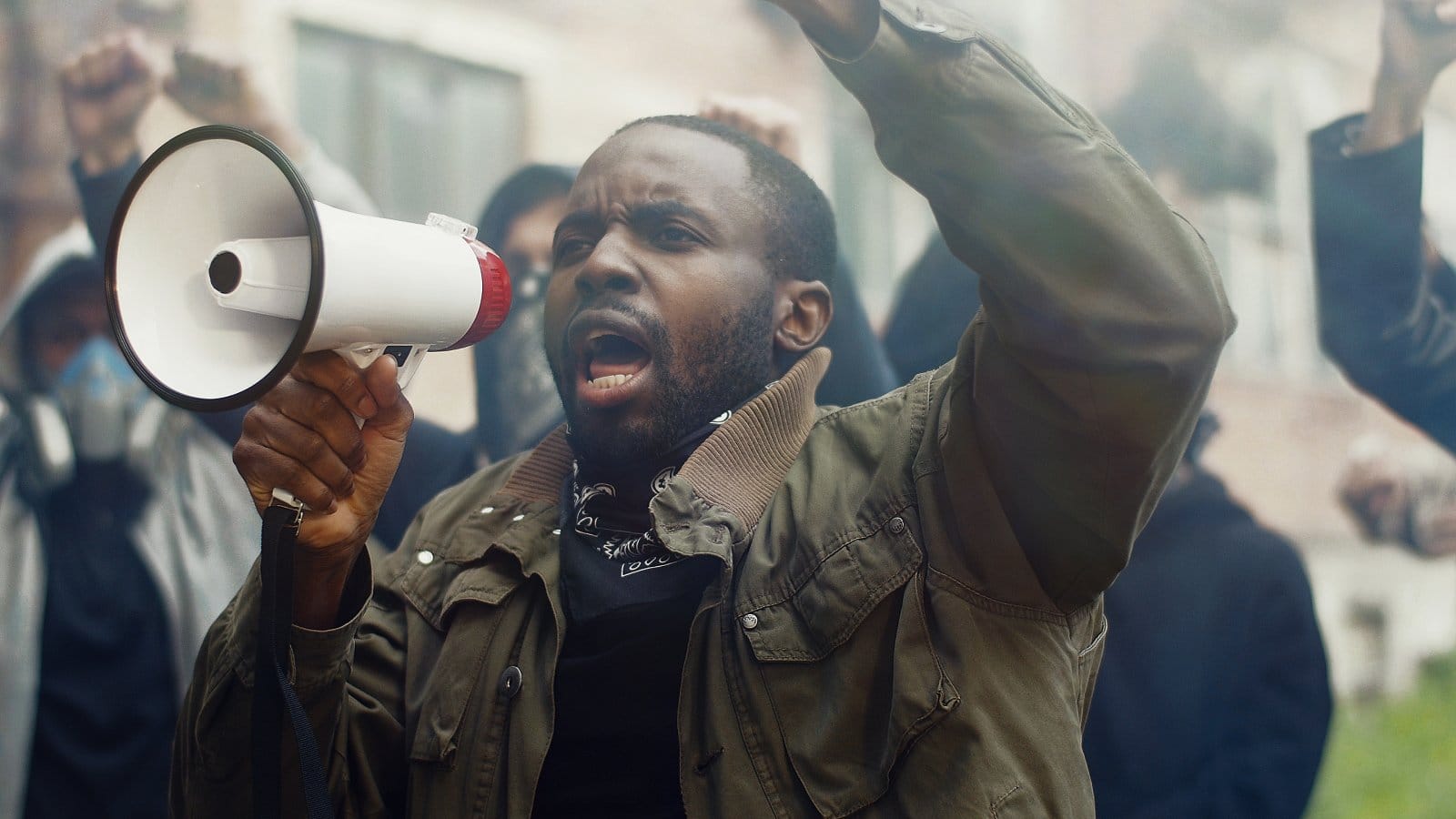
Racial tensions in Notting Hill led to violent clashes, which were a significant turning point, leading to increased racial awareness and the eventual founding of the Notting Hill Carnival.
5. The Passing of the Race Relations Act (1965)
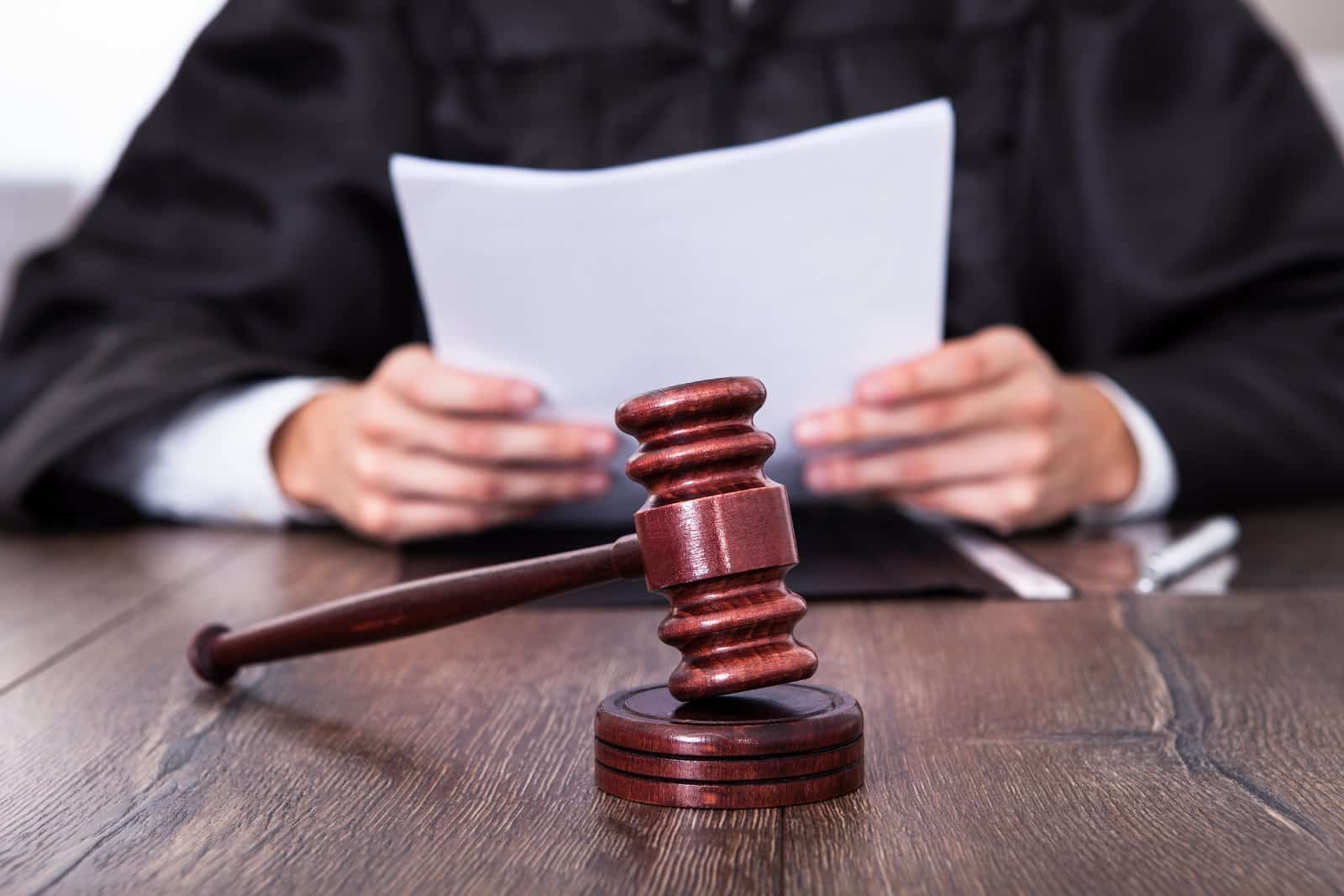
The first legislation in the UK to address racial discrimination, the Act was a foundational step toward legal protection against racial prejudice.
6. The Establishment of Black History Month (1987)
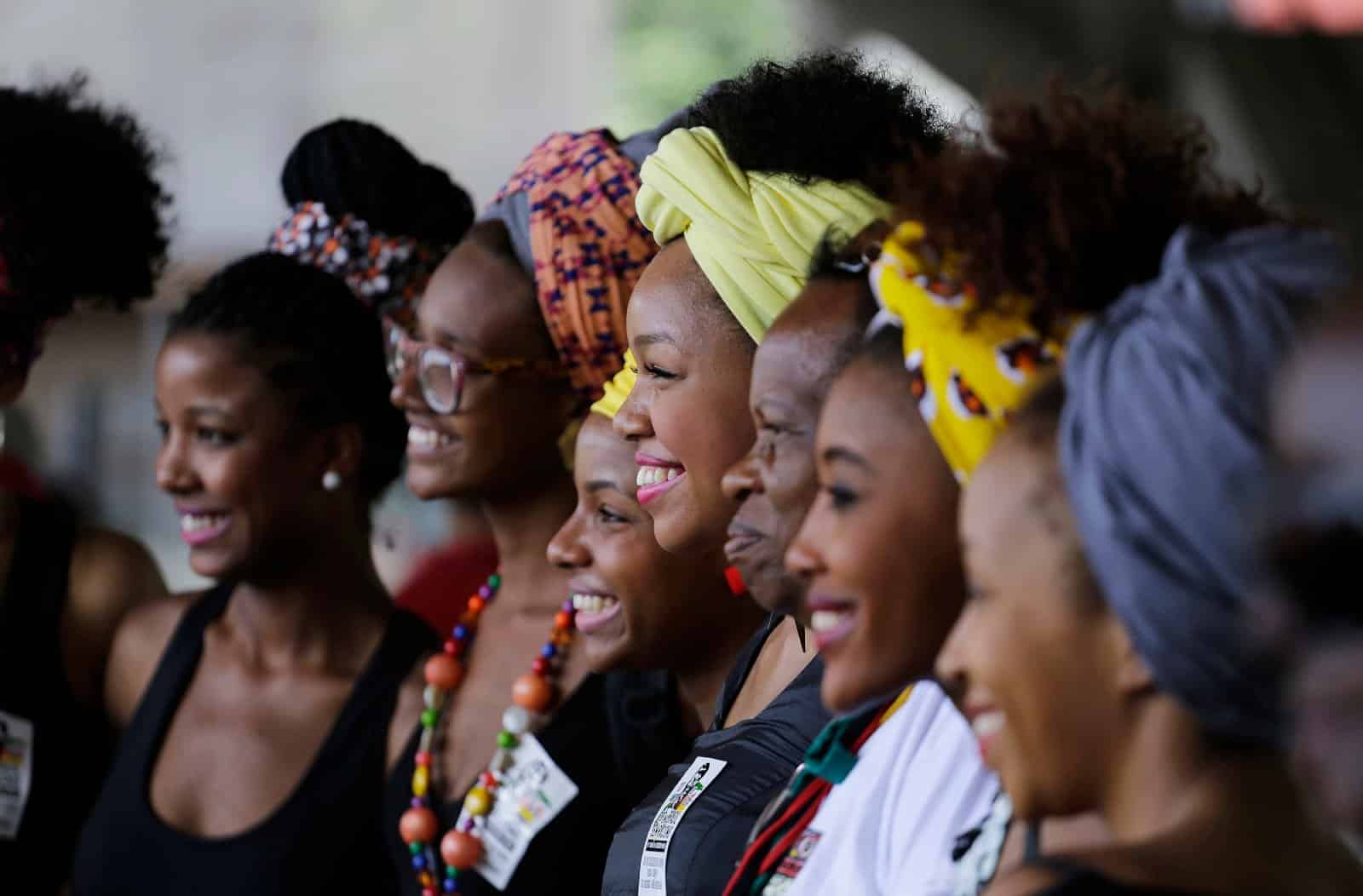
Inspired by the US, Black History Month was established in the UK in October 1987 to celebrate the contributions and history of Black people in the UK.
7. The Brixton Riots (1981)

Triggered by tensions between the police and the Black community, the Brixton riots highlighted issues of racial inequality and police brutality, sparking subsequent inquiries and changes in policing methods.
8. The Murder of Stephen Lawrence (1993)
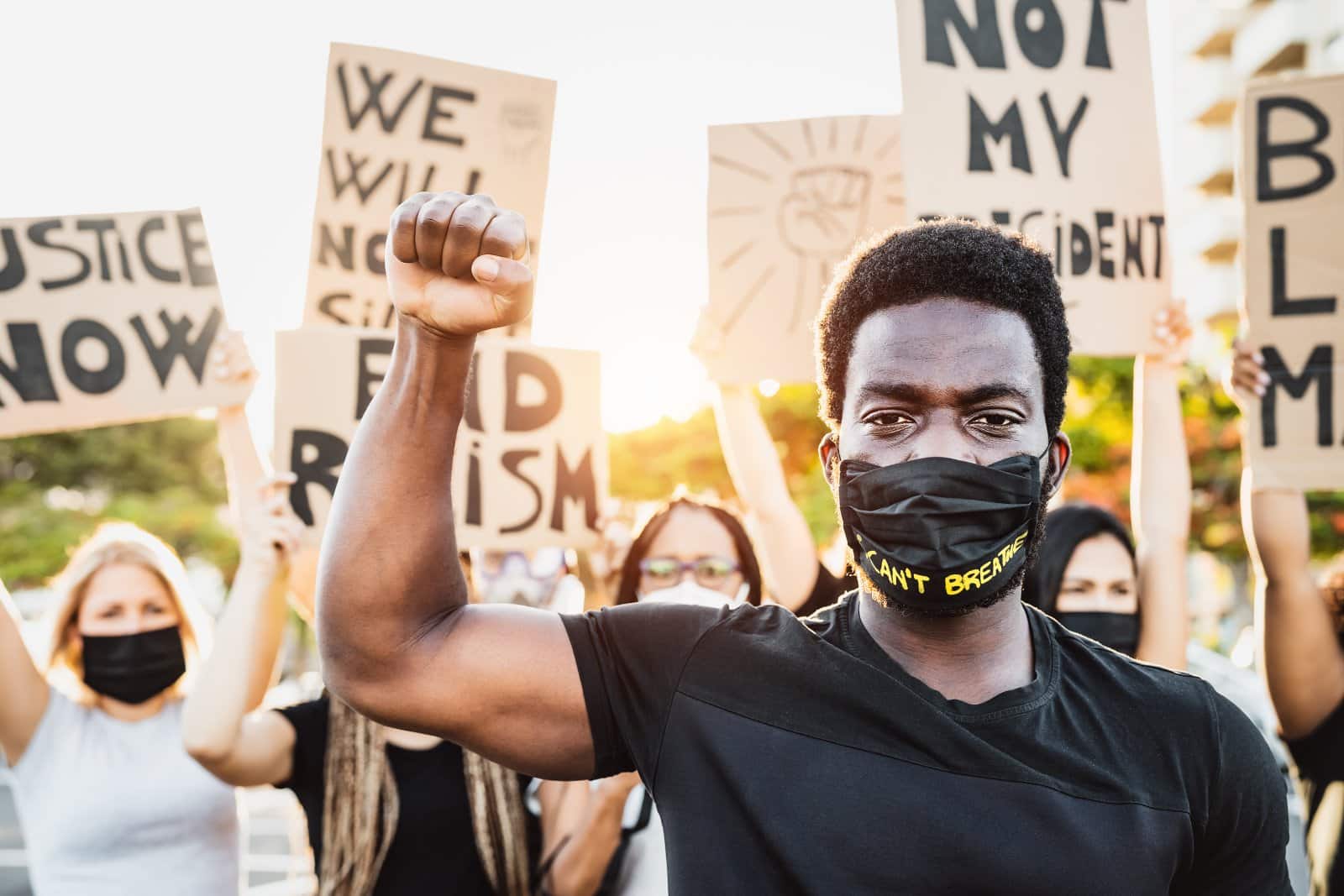
The racially motivated murder of Stephen Lawrence and the subsequent inquiry (Macpherson Report) led to public recognition of institutional racism within the Metropolitan Police.
9. The Election of Bernie Grant, Paul Boateng, and Diane Abbott to Parliament (1987)
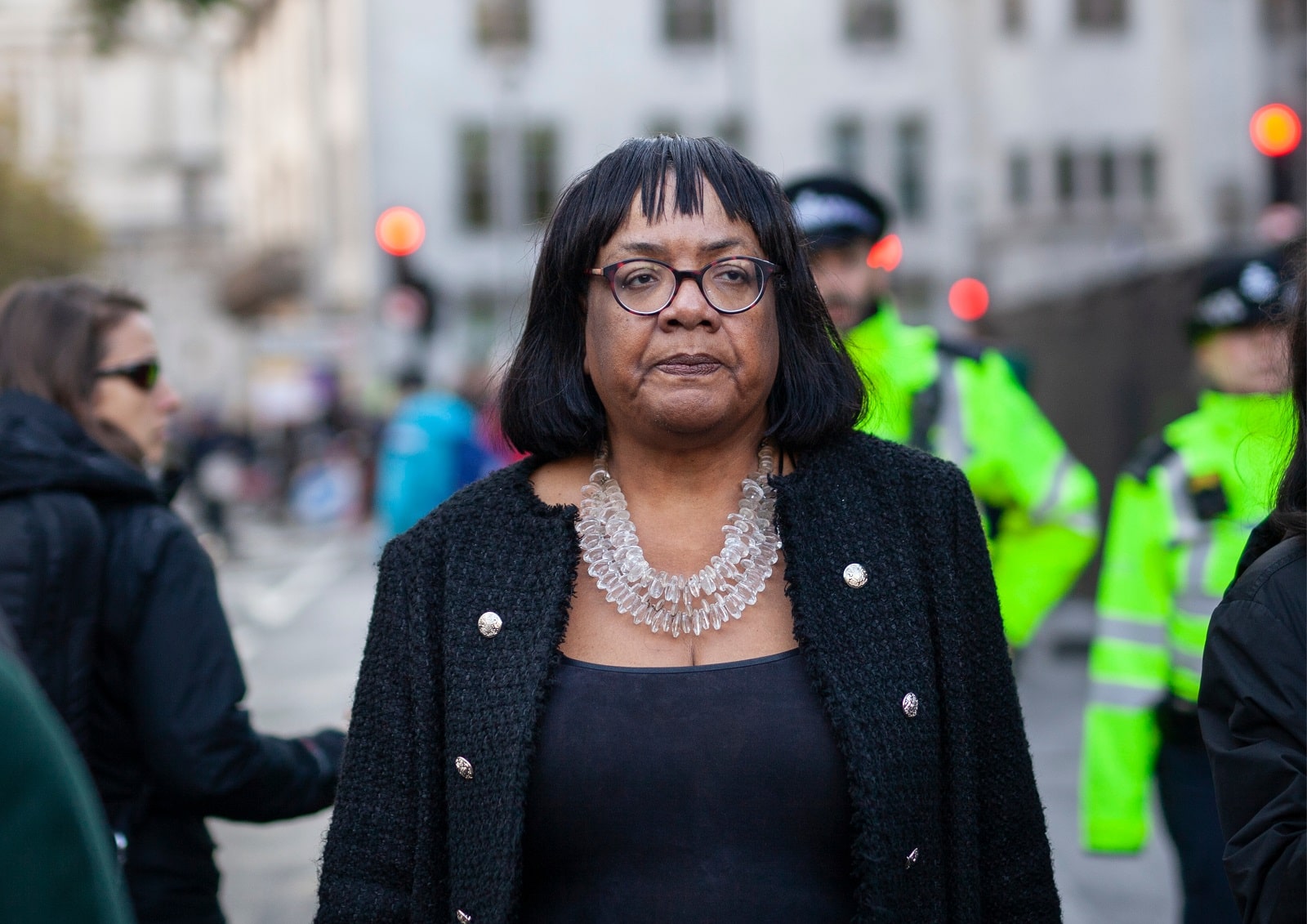
These elections were monumental as they marked the first time Black MPs were elected to the British Parliament, breaking significant political barriers.
10. The Inauguration of the Stephen Lawrence Charitable Trust (1998)
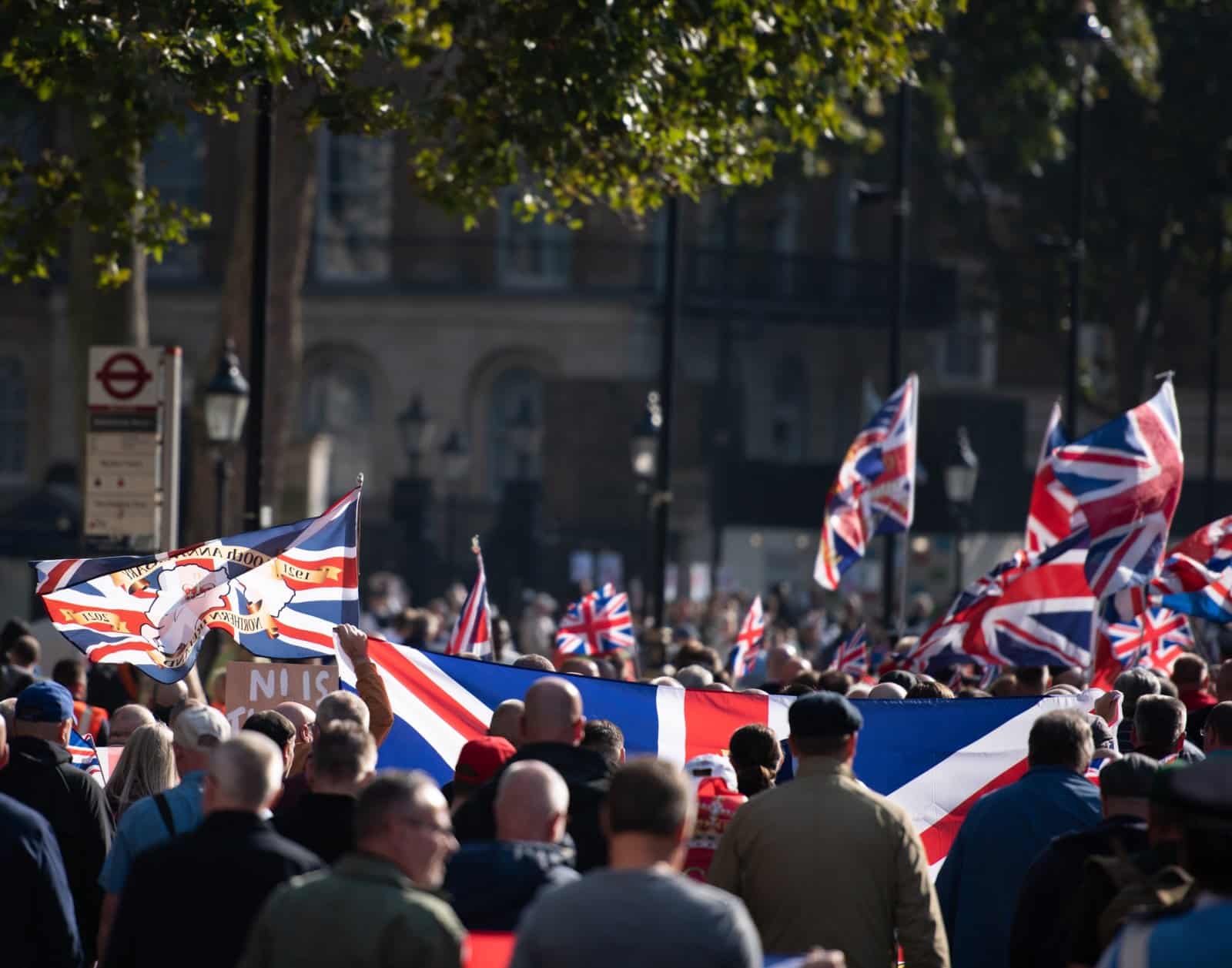
Established to promote a positive community legacy in memory of Stephen Lawrence, the trust supports young people in achieving their career aspirations.
11. The Launch of the Black Cultural Archives (1981)

Founded in 1981 and opened to the public in a permanent home in Brixton in 2014, the Black Cultural Archives is the UK’s only national repository of Black history and culture.
12. The Immigration Act (1971)
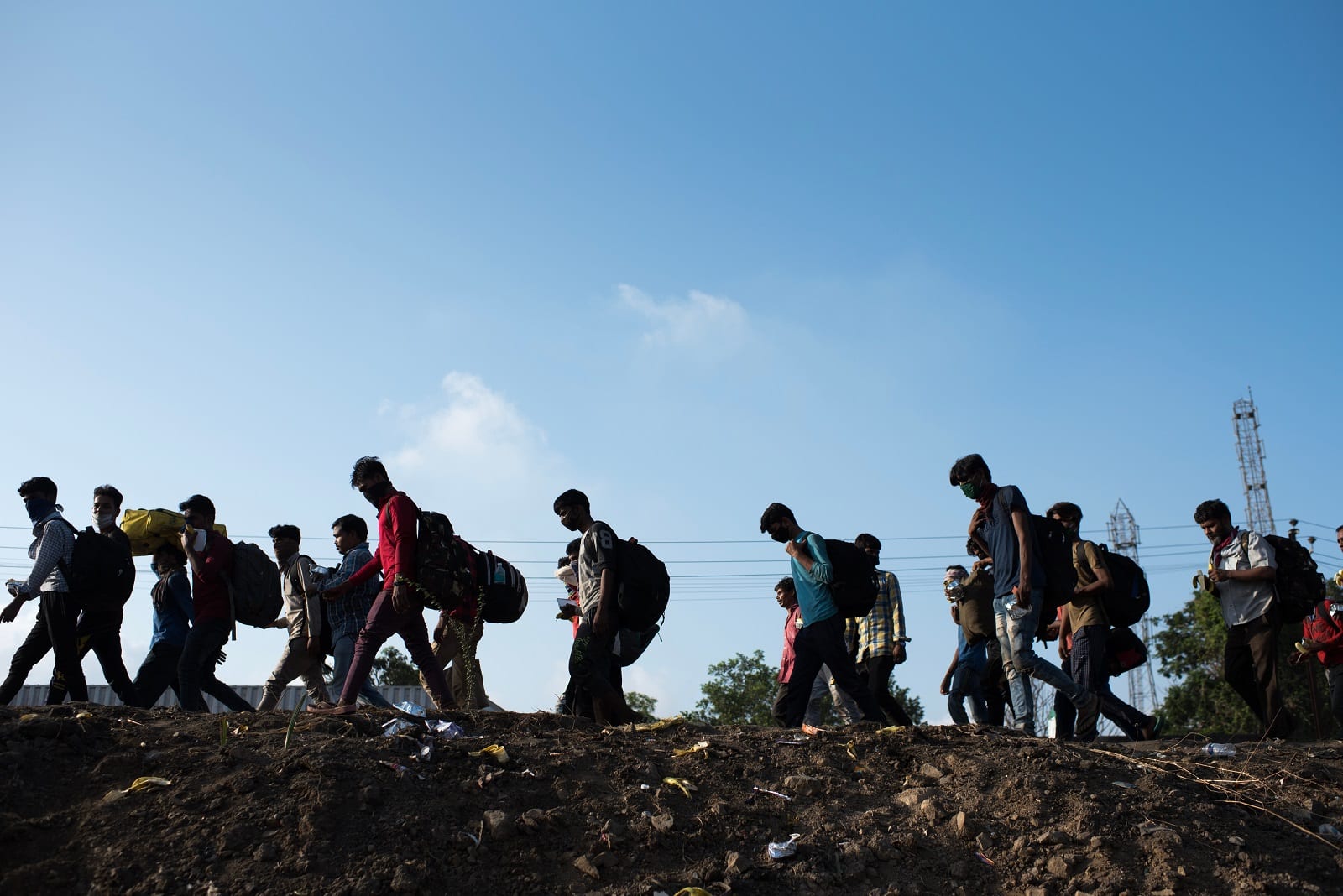
This Act fundamentally changed the nature of Black immigration to the UK, ending the automatic right to settle in Britain for Commonwealth citizens and reflecting growing racial and immigration anxieties.
13. The Scarman Report (1981)

Following the Brixton riots, this report acknowledged the existence of racial disadvantage and institutional racism in Britain, influencing future policing and social policies.
14. The London 2012 Olympics Opening Ceremony

The ceremony celebrated British history through a multicultural lens, prominently featuring Black British history and contributions, signifying recognition on a global stage.
15. The Windrush Scandal (2018)
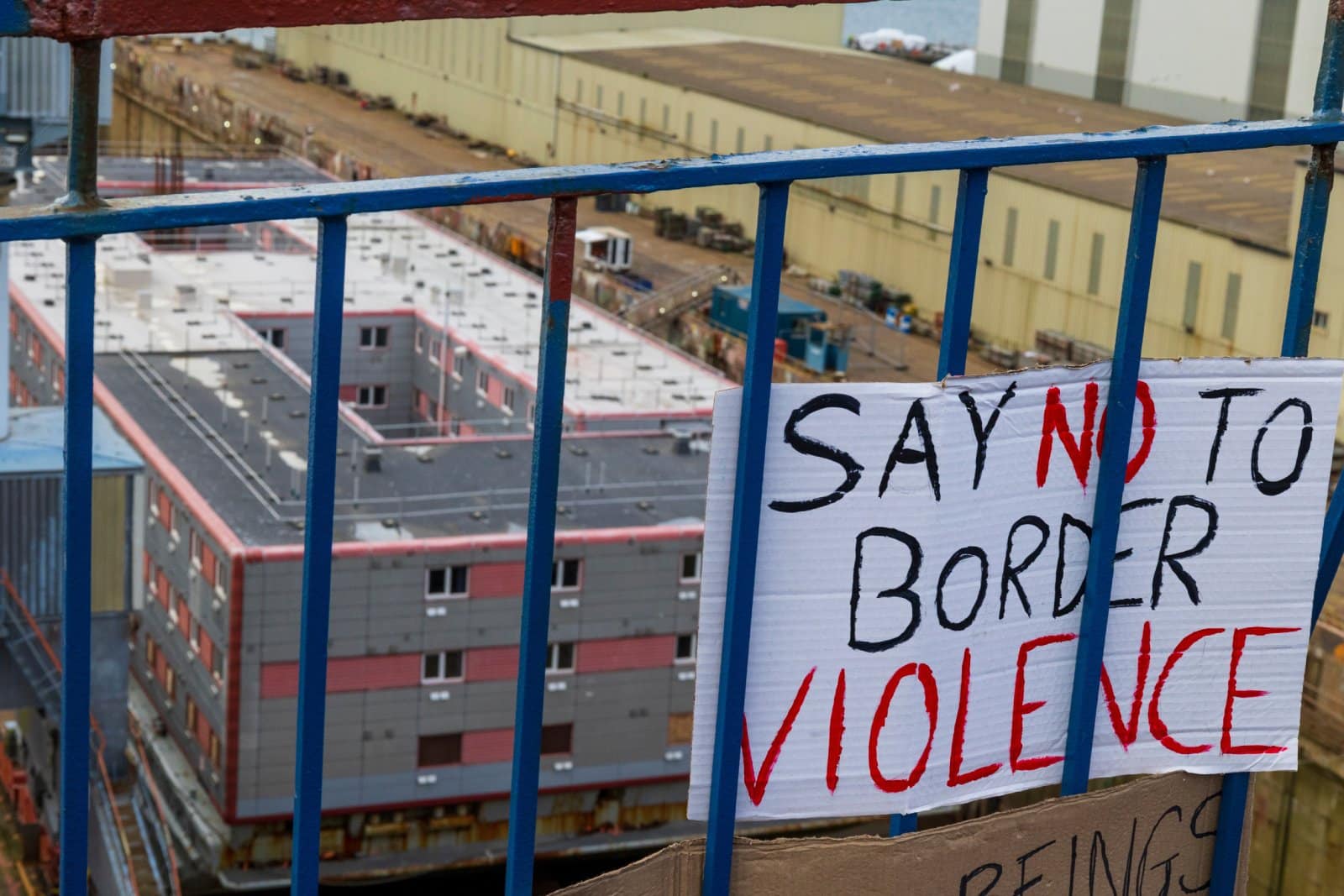
This exposed the wrongful detention, denial of legal rights, and deportation of legally resident African-Caribbean people by the Home Office, leading to significant governmental scrutiny and criticism.
16. The Repeal of the Slave Trade Act (1807)

While the act did not end slavery itself, it marked a crucial point in the legal battle against the transatlantic slave trade by British ships.
17. The National Black People’s Day of Action (1981)

In response to the New Cross house fire that killed 13 Black teenagers, this day of action saw thousands march through London in one of the largest Black-led protests.
18. The Establishment of the Race Today Collective (1973)

This influential group published a journal that became a central forum for Black politics and culture in the 1970s and 1980s.
19. The Death of Joy Gardner (1993)

Her death during a deportation struggle highlighted the dangers and harsh realities of immigration enforcement practices in the UK.
20. The First Notting Hill Carnival (1966)

Initiated by Claudia Jones in response to the race riots, this annual event celebrates Caribbean culture and has become one of the world’s largest street festivals.
On Reflection

These events reflect the struggles and victories of Black individuals and communities across the UK and underscore the ongoing journey toward equality and recognition.
The post 20 Key Moments Defining Black History in the UK first appeared on Swift Feed.
Featured Image Credit: Shutterstock / Jacob Lund.
For transparency, this content was partly developed with AI assistance and carefully curated by an experienced editor to be informative and ensure accuracy.

